| Sorted by date | |||
page176from Building Ideas
the possibilities for revolution based on
his analysis of historical progress. He saw that in the civilisations of the
past a particular society would tend to collapse when the “contradictions”
within the system had broken out onto the surface. As he wrote at the beginning
of his famous work, The Communist Manifesto:
The
history of all hitherto existing societies is the history of class struggles.
Freeman and slave, patrician and plebeian, lord and serf, guild-master and
journeyman, in a word, oppressor and oppressed, stood in constant opposition to
one another, carried on an uninterrupted, now hidden, now open fight, a fight
that each time ended, either in a revolutionary re-constitution of society at
large, or in the common ruin of the contending classes.6
Besides
the continuing exploitation of one class by another, in modern society a new
danger had arisen inside the system. As a consequence of the division of labour
within the capitalist mode of production, the new industrialised worker had now
become “alienated” from his work. By breaking up industrial process into a
series of specialized components, capitalism had robbed ordinary workers of any
meaningful connection with their work. As Marx somewhat lyrically described it,
referring to a previous system of production:
Supposing
that we had produced in a human manner; each of us would in his production have
doubly affirmed himself and his fellow men. I would have objectified in my
production my individuality and its peculiarity and thus both in my activity
enjoyed and individual expression of my life and also in looking at the object
have had the individual pleasure of realizing that my personality was
objective, visible to the sense and thus a power raised beyond all doubt.7
|
|||
|
|||
|
|
 ... ...
... ... ... ...
... ... ... ...
... ... ... ...
... ... ... ...
... ... ... ...
... ...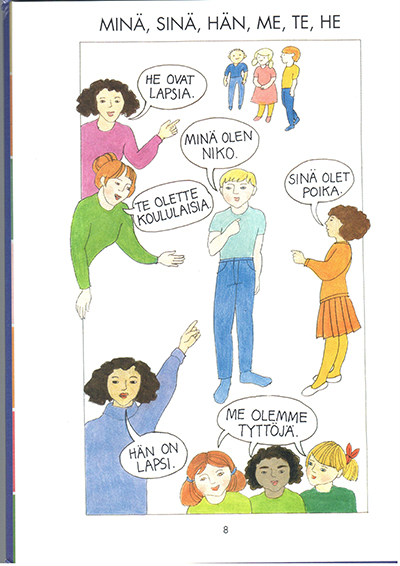 ... ...
... ...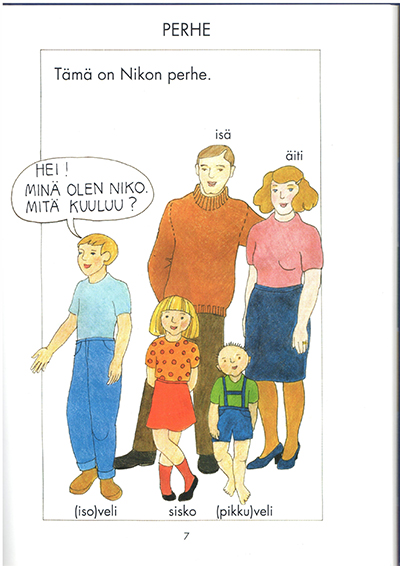 ... ...
... ... ... ...
... ...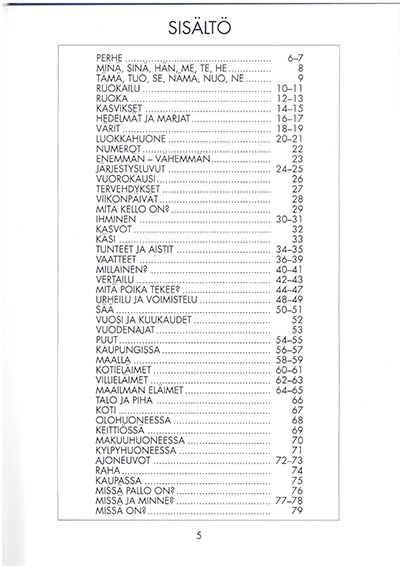 ... ...
... ... ... ...
... ... ... ...
... ...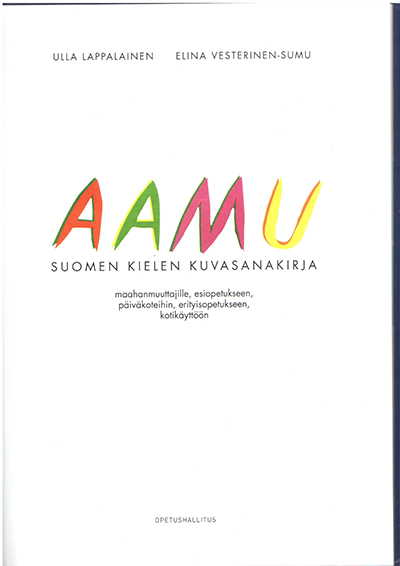 ... ...
... ...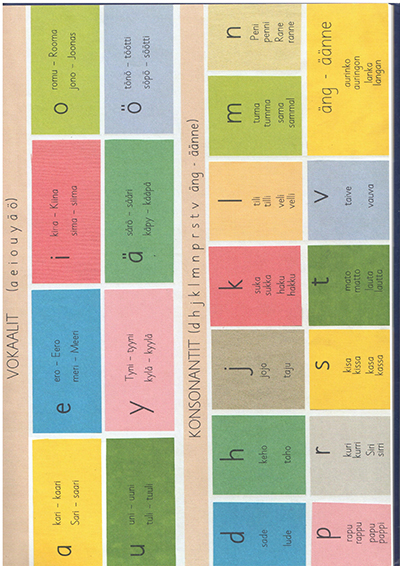 ... ...
... ...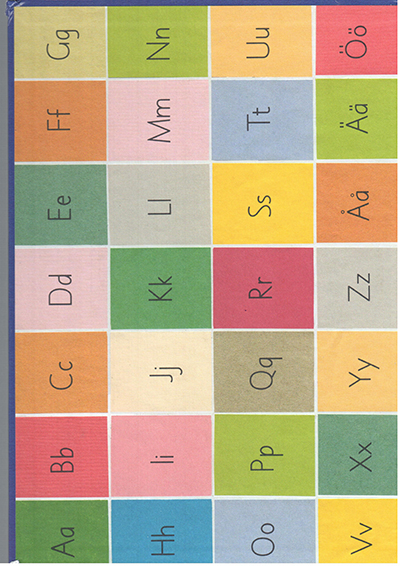 ... ...
... ...